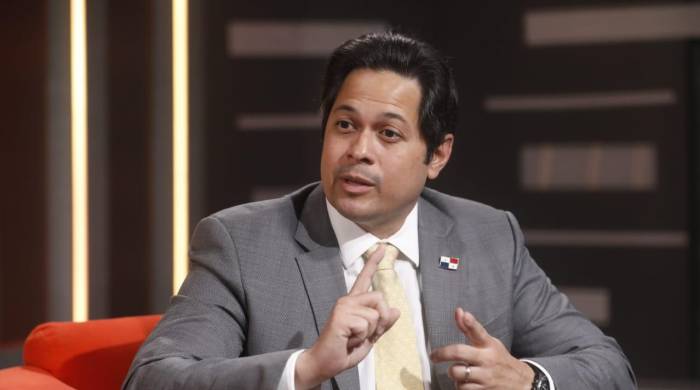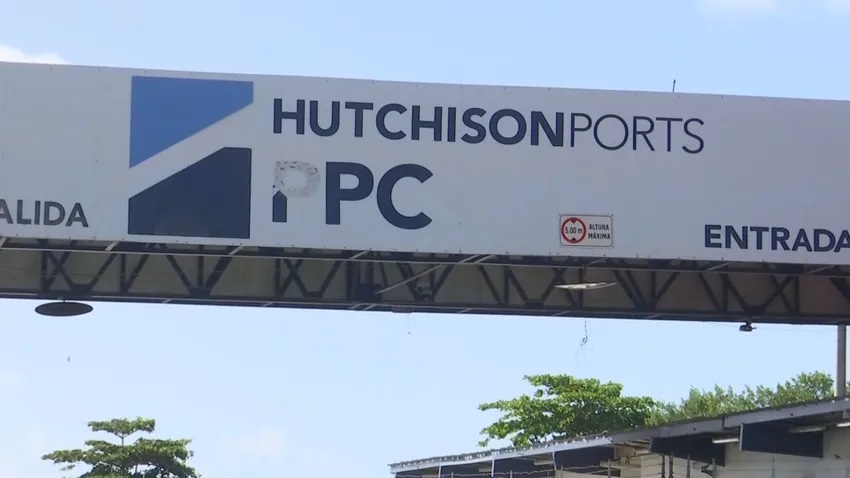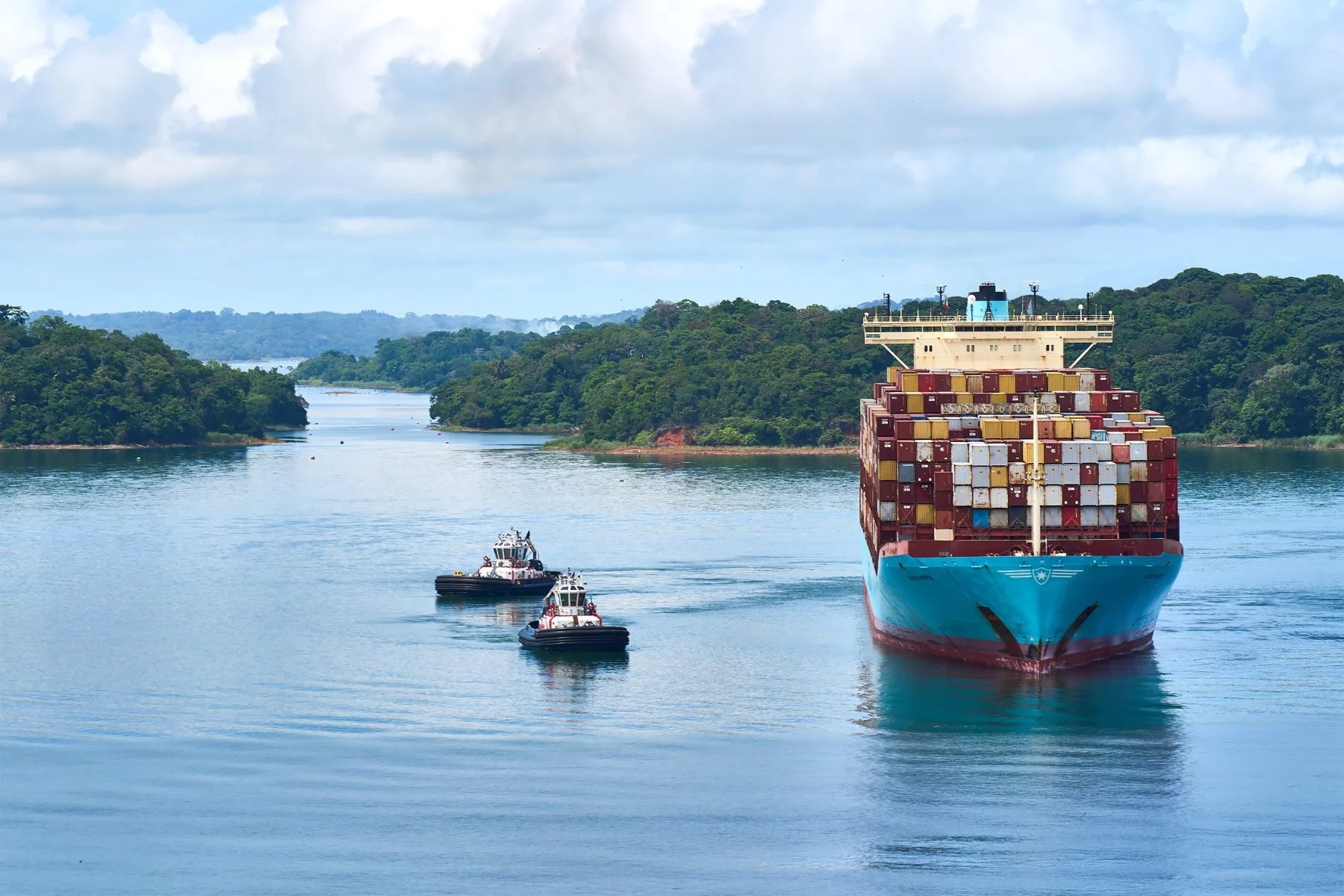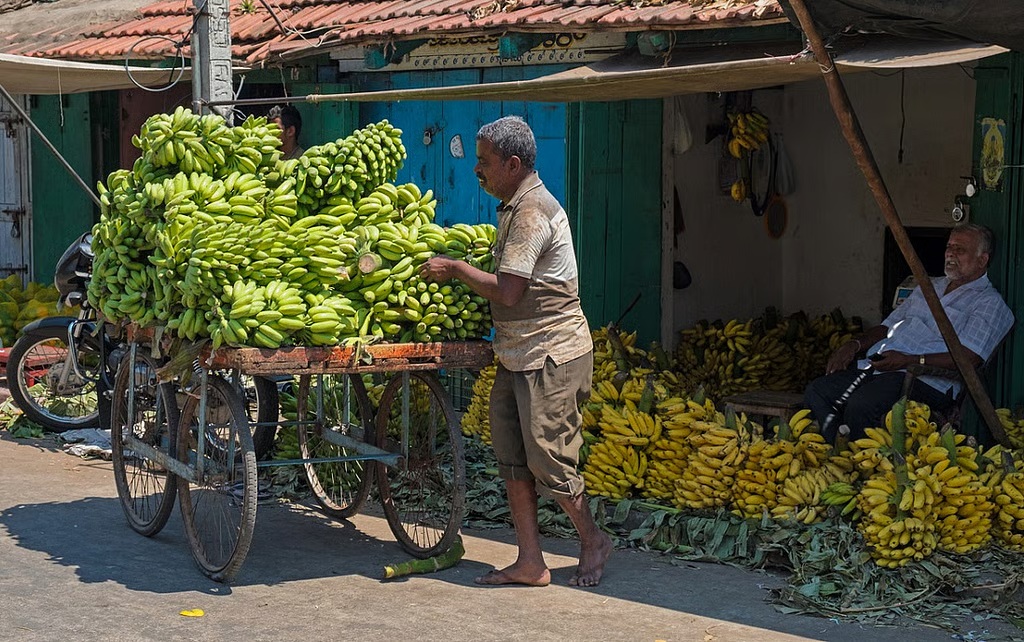Taxes in Panama

The General Director of Revenue, Publio De Gracia is betting on technology as a mechanism to increase tax collection. With the implementation of the electronic invoice this year; $100 million more should enter Panama’s National Treasury. The digitization of transactions helps maintain traceability of taxpayers’ operations and, although this is not a guarantee, it will become increasingly difficult to not pay your fair share of taxes. De Gracia also explained that Panama was included in the European Union (EU) list of countries at risk of money laundering and terrorist financing, and feels very optimistic that with the measures recently adopted, in the next evaluation we will be excluded as a partially compliant country on the list of non-cooperative countries in tax matters.
The government has stated that it will not raise taxes that were recommended by the International Monetary Fund. The IMF suggestions were to tax on Goods and Services (ITBMS), fuel, and tobacco etc. For a revenue director, the more taxes and capacity there are, is ideal. But Publio de Gracia has repeatedly stated that the issue is reducing evasion, tax benefits, and continuing to address the issue of expanding the tax base. For example, if you go to the supermarket and buy caviar you don’t pay taxes, but who buys caviar? They are the people with more earning capacity. I think it’s fair that this type of consumption should include 7% tax. There is the issue of the digital economy, and we do have a document in progress, but it is a decision that must be made. The Inter-American Development Bank increased the ITBMS from 7% to 10% and the collection did not increase significantly. Instead, reduce the 10% tax to 7% and add 7% to other products that are not currently being taxed. That is what we mean when we talk about expanding the tax base, and increasing revenue.





